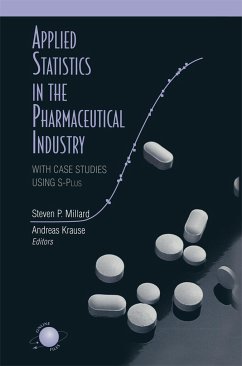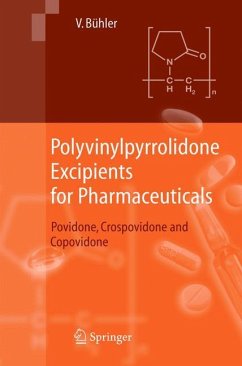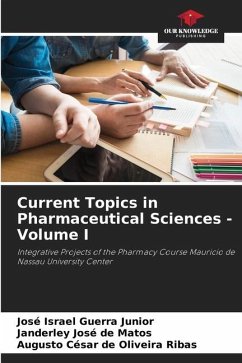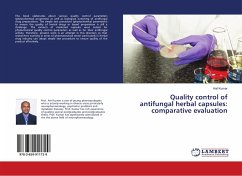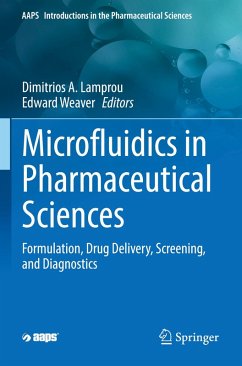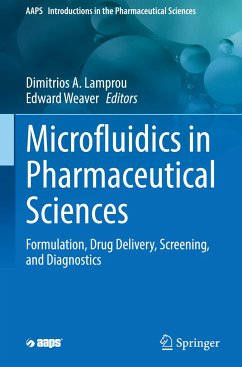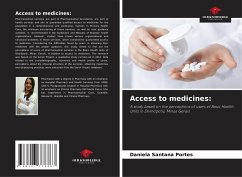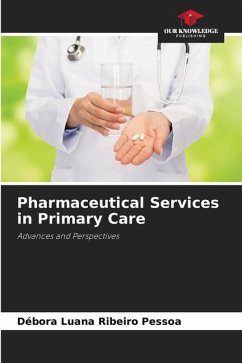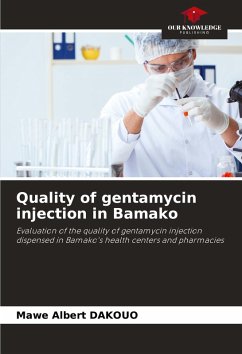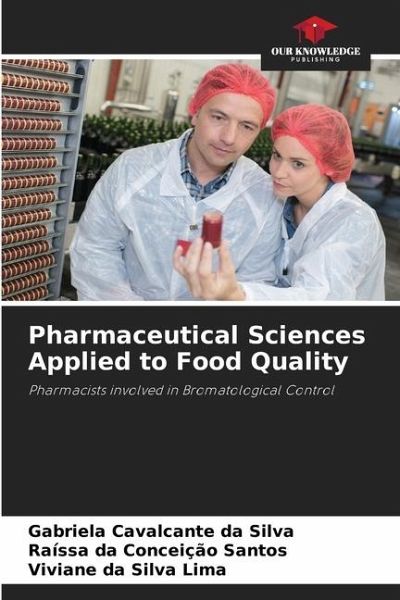
Pharmaceutical Sciences Applied to Food Quality
Pharmacists involved in Bromatological Control
Versandkostenfrei!
Versandfertig in 6-10 Tagen
36,99 €
inkl. MwSt.

PAYBACK Punkte
18 °P sammeln!
Product innovation in the food sector, as well as concern about food quality in general, is growing and is regulated worldwide. As a result, there is a greater demand for increasingly qualified professionals to carry out activities in the bromatological field, including, in addition to composition control, physical-chemical and microbiological quality control for the purposes of developing new products; processing control and even inspections for possible findings of fraud. This book presents a collection of experimental protocols carried out at the Faculdade de Integração do Sertão-FIS, th...
Product innovation in the food sector, as well as concern about food quality in general, is growing and is regulated worldwide. As a result, there is a greater demand for increasingly qualified professionals to carry out activities in the bromatological field, including, in addition to composition control, physical-chemical and microbiological quality control for the purposes of developing new products; processing control and even inspections for possible findings of fraud. This book presents a collection of experimental protocols carried out at the Faculdade de Integração do Sertão-FIS, the aim of which was to give undergraduates experience of the techniques most commonly used in food analysis.



